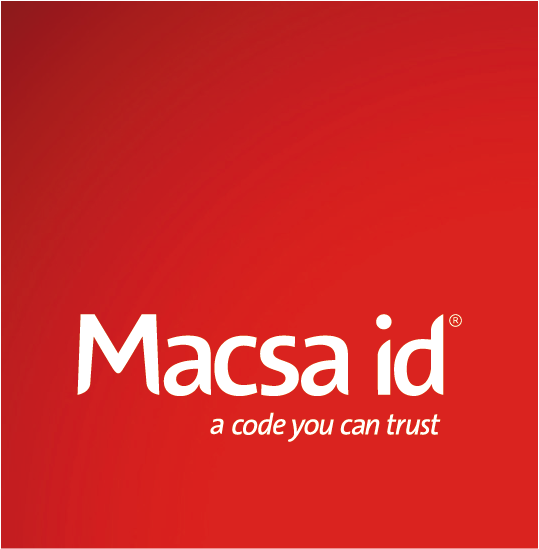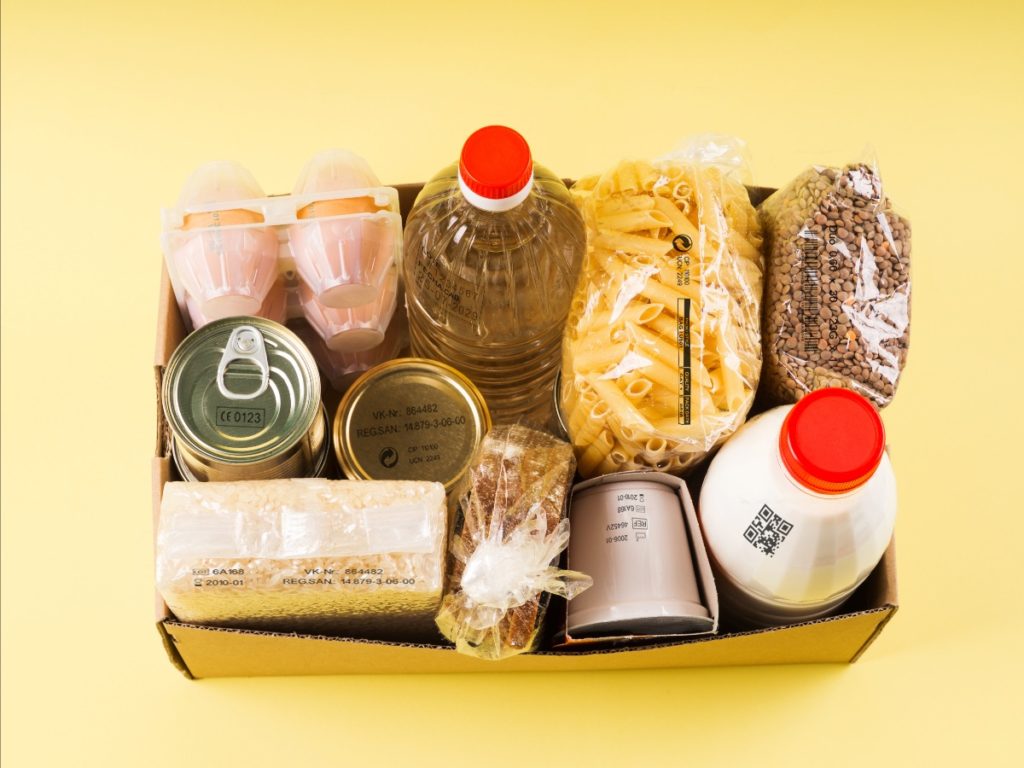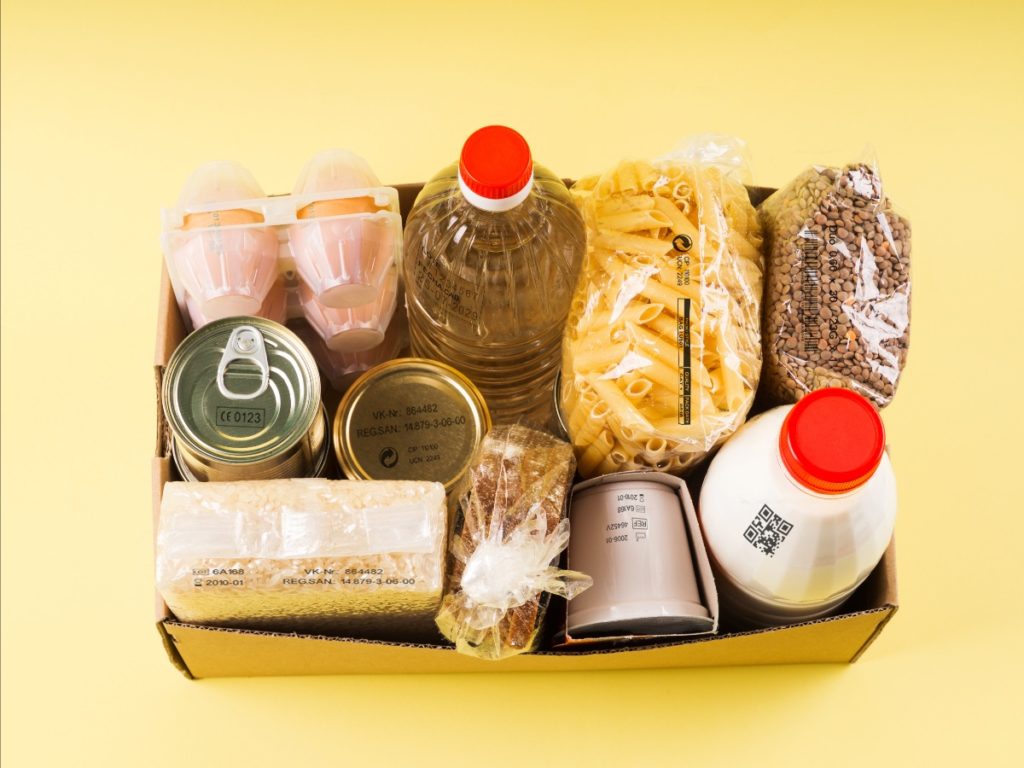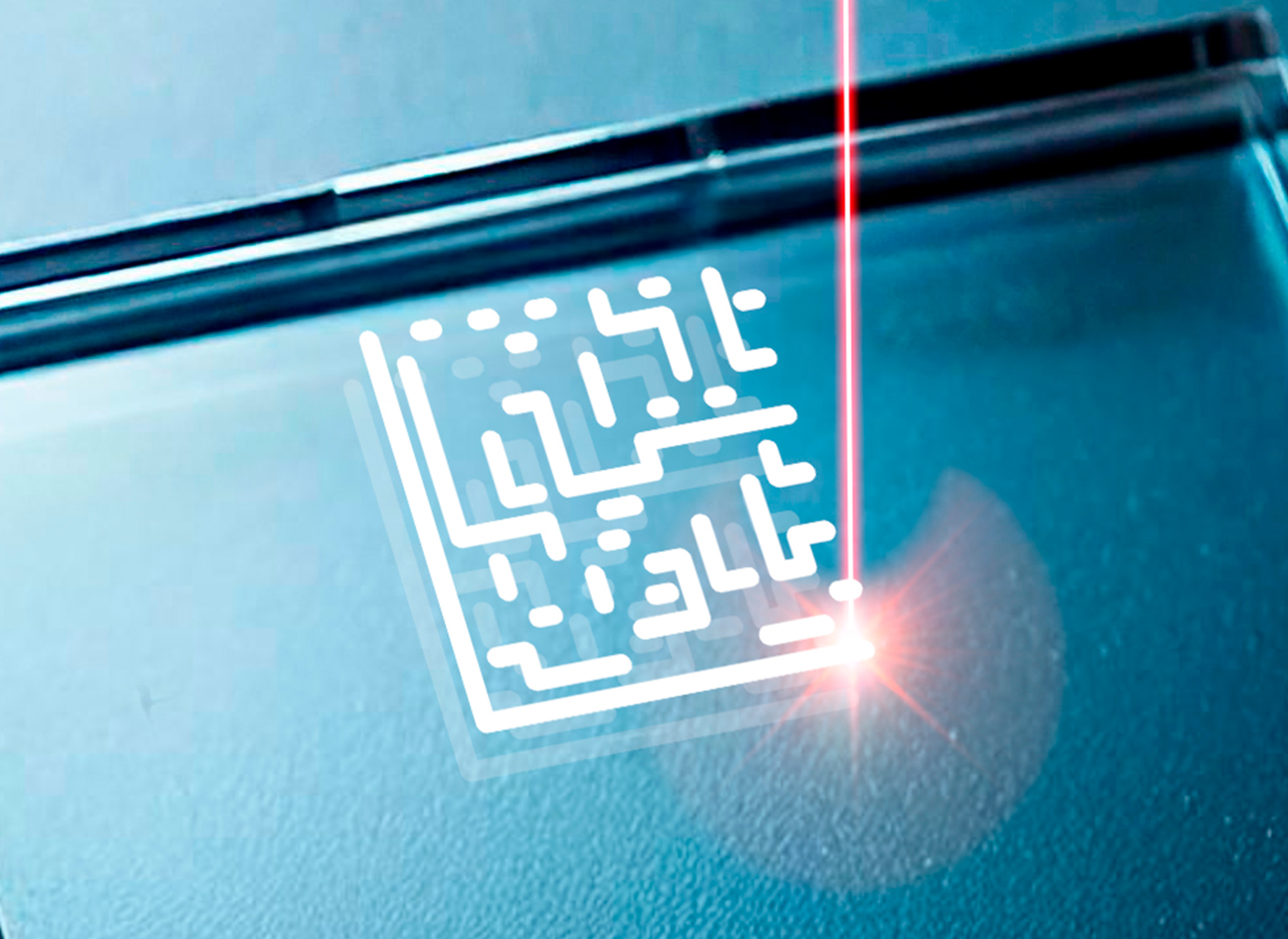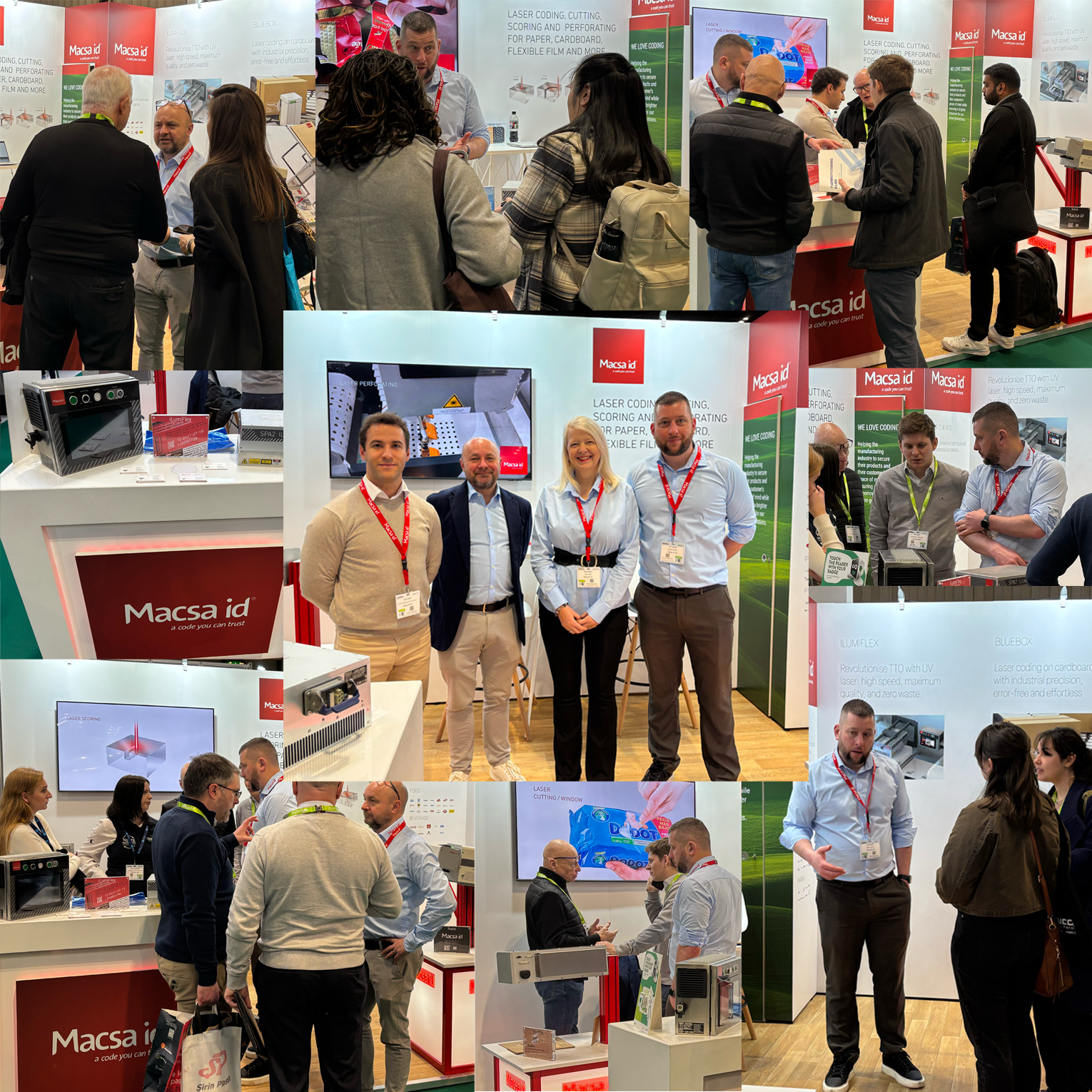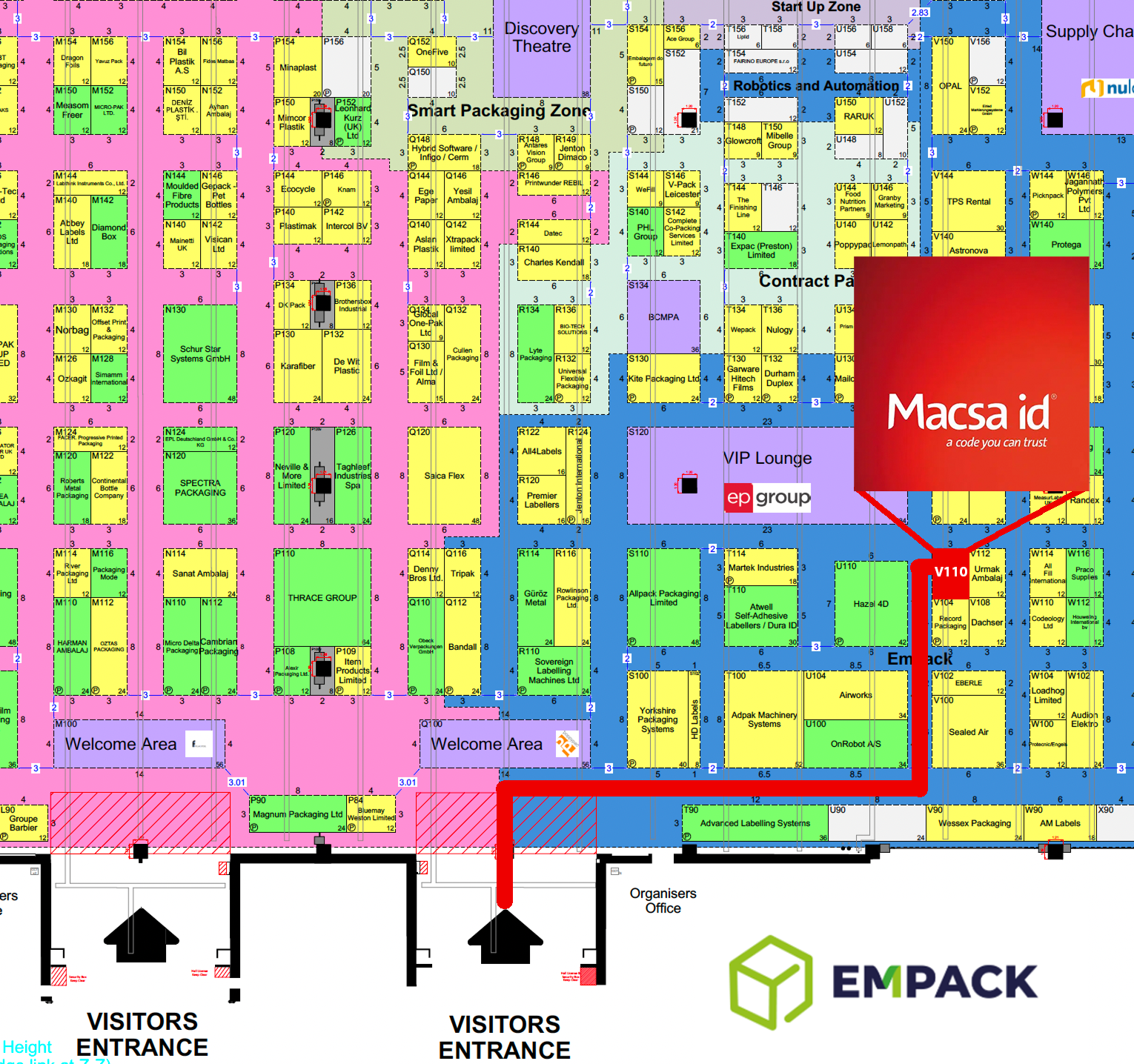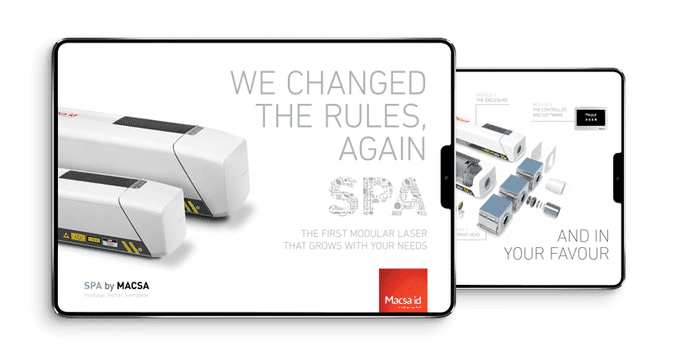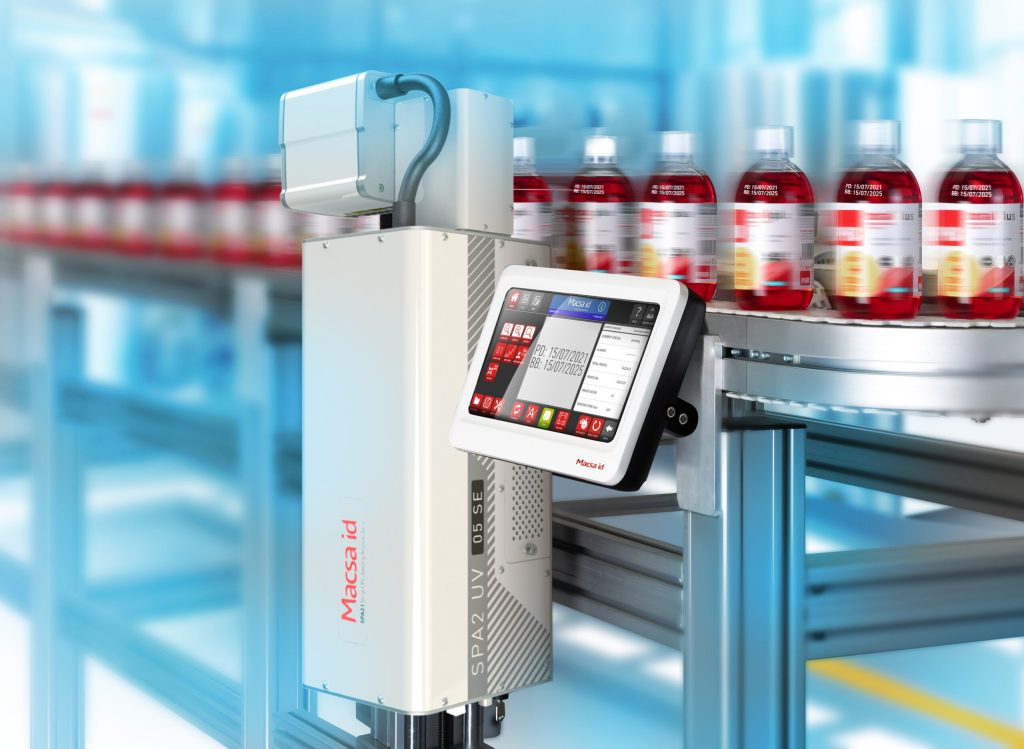Serialization and Traceability in FMCG
Serialization and traceability, together with food safety, are the three main ways of providing transparent information in supply chains that benefit the end consumer.
These elements are especially relevant in Fast Moving Consumer Goods (FMCG), which have a short shelf life, either due to the nature of the product itself (because of rapid deterioration) or due to high consumer demand.
The most representative examples of FMCG are found in fruit and vegetable, dairy and meat products, as well as other foods and beverages.
This category also includes seasonal products such as ice cream in summer or sweets at Christmas.
Yet all these food products can be affected by counterfeiting, a hot topic in almost all manufacturing industries. For this reason, many administrations in different countries are considering the implementation of specific new standards for food products. This is the case in Russia, which has already introduced initial measures for the mandatory traceability of dairy products and others. Additionally, the United States and China have projects underway to provide more seamless traceability of food products. If all these regulations come into force, many producers in other regions will also have to incorporate them into their practices in order to gain access to these important markets.
In this context, serialization and traceability solutions enable greater control of manufacturing processes and the supply chain, effective management of food safety and the provision of greater transparency and information to consumers.
Table of contents
- The potential of the FMCG industry
- Ensuring transparency and information
- The benefits of serialization and traceability in FMCG
- Serialization levels
- Serialization in food industry traceability
- Macsa ID solutions
- Information sources
The potential of the FMCG industry
Different studies indicate that the FMCG industry has great potential and a bright future. It is a market that is growing year on year as a result of new consumer lifestyles and habits, new technology and the rise of e-commerce.
The growth of e-commerce in recent months worldwide is causing a major transformation in the consumer goods industry. So much so, that by 2025 the FMCG sector is expected to almost double its current market share.
With this progressive growth, one of the major challenges facing the FMCG industry is logistics and transportation, since its products must be manufactured and delivered very quickly, whether they are within or outside of distribution chains.
Another challenge facing the FMCG market is the packaging of transported products, with packaging that is adapted to the needs of buyers and facilitates their use.
Ensuring transparency and information
68% of consumers of FMCG products are willing to pay more for food and beverages that do not contain ingredients they perceive as harmful to their health, according to a study by Nielsen and Label Insight.
The work carried out by these two market research companies focused on the evolution of the trend that indicates the growing need of consumers to know the origin and composition of the products they consume, as well as their demand for maximum transparency from brands.
According to the Clean Label study, conducted in the United States, 39% of consumers would be willing to abandon the brands they consume in favor of others that provide clearer and safer information on their packaging.
Another 73% of those surveyed acknowledge having positive feelings for brands that openly share information about their products.
All this information, which can be extrapolated to many other markets, lead us to reflect on the implications of these findings for manufacturers and marketers of FMCG products.
In line with Nielsen and Label Insight, one of the conclusions refers to the importance of packaging labels, which they classified into five types: conventional, free from…, clear, simple and sustainable.
The importance of packaging labels is underlined by other interesting statistics: products that claim to be natural are sold 7.8% more than others; those that are presented as having no additives or artificial ingredients, 8% more; and those that claim to be organic, 10% more, respectively.
It is clear that information transparency is more than just a global trend. It is a growing need that is leading the FMCG industry to use standards for product identification and to implement serialization and traceability systems that will enable them to improve operational efficiency and brand reputation.
Would you like to know more?
The benefits of serialization and traceability in FMCGs
Correct serialization of FMCG products provides good traceability; the main guarantee of information and safety for your consumers.
In a supply chain, serialization makes it possible to track the product at each step, from the initial point of manufacture until it reaches the consumer. In addition, in the event of product returns, the serial number can be used on all shipping documents to provide information on the status and reason for the return. In such cases, the information can be of great value in determining whether the product has a quality defect.
With a serialization system, when consumers and supply chain members return a product, the serial numbers on each level of packaging can be communicated to the seller when they return to the supply chain. Currently, non-serialized products clog up the return process and lack adequate and timely information for consumers, supply chain employees and company managers.
Serialization optimizes demand management, because when a product is shipped via a supply chain, the brand has access to an extremely accurate tracking history.
Turning to wholesale channels, if there is a decline in sales, it can be handled more effectively. By having key information about how products are performing at the point of sale, the increased knowledge serves as an aid in making distribution decisions much more quickly and efficiently.
In addition to the significant benefits to supply chains, serialization and traceability also offer important improvements in the marketing arena. With accurate sales information on their products, brands can adjust their commercial strategy if necessary.
As previously mentioned, supply chains are much more efficient and the products are being shipped through channels much faster than ever before. However even with this increased efficiency, there are still some benefits of serialization and traceability in the supply chain that are not occurring. As it evolves, brands will have the opportunity to optimize supply chain management and create differentiated value.
Serialization levels
There are different levels of serialization in relation to the role to be played in the supply chain:
– Equipment or hardware such as cameras, RFID controllers, printers, scanners, etc.
– Product management and serialization software
– Networks that include producers, distributors and retailers
– A reporting system linked to the relevant authorities in case any anomaly detected.
Serialization in food industry traceability
With the implementation of serialization, companies and their brands anticipate possible future standards, design a production system with competitive advantages and improve business management efficiency.
This is the case of the meat industry in the United States, where serialized case tracking has been standard practice for many years. As such, every food sector benefits from this experience and can follow its example to provide greater consumer safety.
Manufacturers define the implementation of case and batch serialization based on a time range or a specific production line. In this way, the serial numbers of each carton become useful values that constitute a form of traceability when stored in a register.
Would you like more information?
In addition, the identification of serialized boxes through the use of barcodes also provides precise information on their weight and impact on sales. Tracking the movement of serialized boxes that are identified with standard codes is more efficient for day-to-day operations in retail stores.
With standard technology, this tracking is efficient, but on the other hand, it is a way to manage marketing more accurately, through product rotation planning and avoiding food waste. Using more specific technology, products and by-products can be tracked and batch formulas can be defined according to the demand at each moment of consumption.
That being said, it is worth emphasizing that advanced technologies such as blockchain are helping to drive innovation in commercial food chains. Thus, for example, food package serialization and QR code labeling can provide information to a blockchain that provides transparent supply chain information directly to the end consumer.
Macsa ID solutions
Our company has the necessary equipment to serialize and implement the traceability of products from different sectors, with Data Matrix codes (2D) or other elements on the same products or packaging, ensuring complete production control.
In this respect, one innovative solution is Serial Farma, the most complete global solution that complies with mandatory regulations on medicine serialization, a sector where it is especially important to avoid the trade of illegal and counterfeit medicines.
Moreover, in the external traceability of packages, boxes or pallets, our company can also provide turnkey solutions, alongside experience and professionalism.
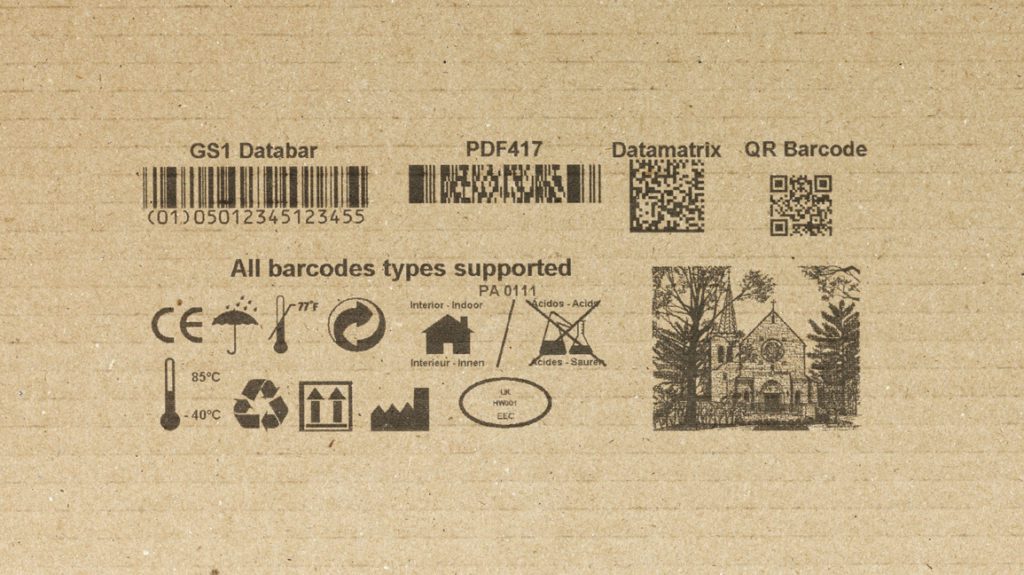
With regard to software solutions for individualized supply chain traceability and production processes, Macsa ID offers the ‘Integra Serialization’ and Integra Track & Trace applications.
The former is software that provides each product with a unique serial number, allowing it to be authenticated at one or more points in the supply chain.
Among its different aspects, the following stand out:
- High speed serialization at all production levels, units, cases, boxes, pallets,…..
- Automatic control of all coding and labeling devices on the production line.
- Automatic verification of the correct coding and labeling of the products with an automatic rejection system.
- Registration and export of serialized production.
The latter software, Integra Track & Trace, allows the origin of raw materials and the destination of final products to be recorded, in addition to complying with traceability regulations, since it records the entire production process from start to finish.

This software consists of three solutions:
- Integra traceability: for production, quality and traceability control in the plant and from the office.
- Integra plant traceability: for the control and monitoring of supply, production and shipments.
- Integra traceability desktop: for tracking all data related to traceability and quality control.
Integra Track & Trace is especially recommended for food, fruit and vegetable, beverage, pharmaceutical and meat companies.
In short, these innovative solutions enable effective serialization and traceability, in addition to increasing the safety of all types of products.
Information sources
Serialization in Food Industry Traceability
The Unrealized Benefits of Supply-Chain Serialization
FMCG, what is it and what is it like to work in the industry?
Do you know what FMCG is?
The hows and whys of FMCG are weighing more and more in purchasing
At Macsa ID we will be happy to find the marking, coding and traceability solution that best suits your needs.
